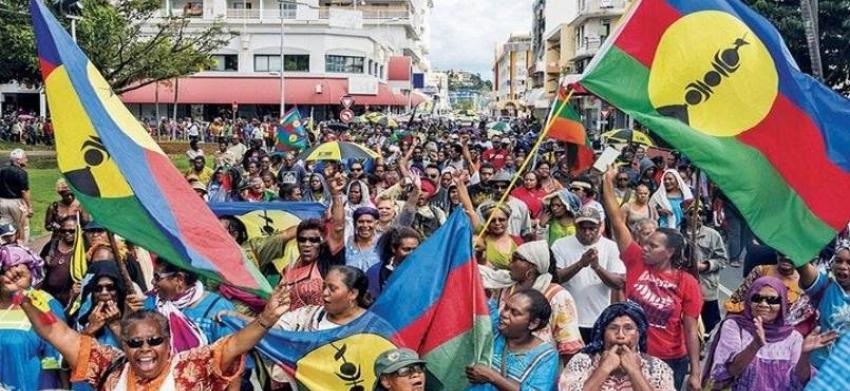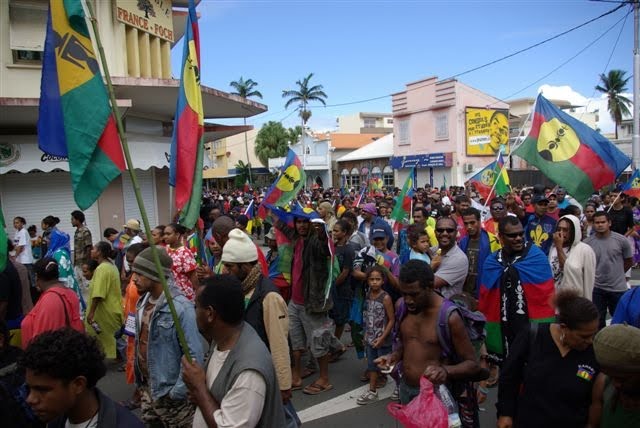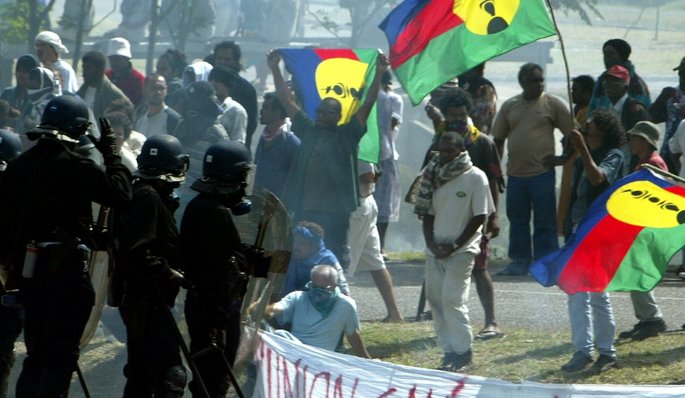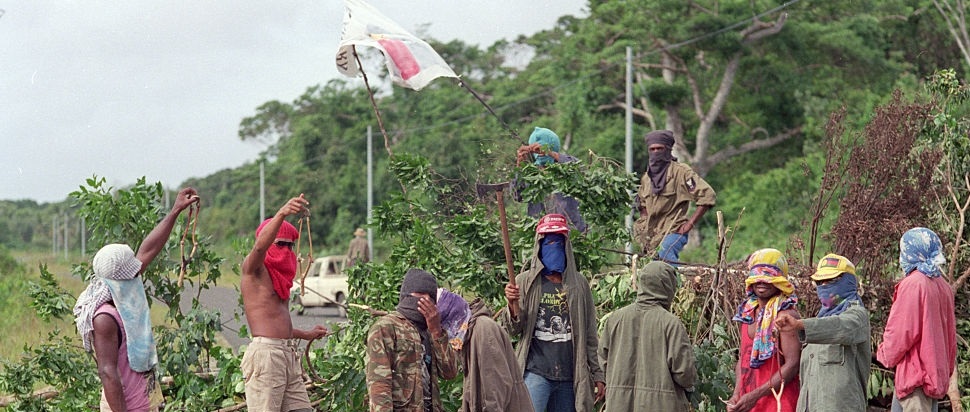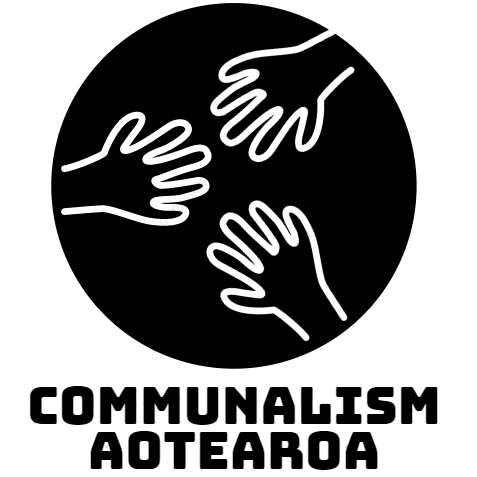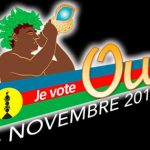 I vote YES – together for Kanaky
I vote YES – together for Kanaky
The votes from yesterday’s referendum on independence in New Caledonia are counted. 56.4% (78,361 people) voted against independence while 43.6% said yes (60,573 people). Voter turnout was very high with 80.63% of registered voters casting a vote. Voters were asked the following question: Do you want New Caledonia to attain full sovereignty and become independent? (Overview | Detail)
Obviously, it is not the result that Kanak people were campaigning for and many will be disappointed. There were reports of fires late last night with the police saying that roads were blocked in Saint-Louis.
A brief analysis of the votes shows massively different results in the various communes. New Caledonia is split into three provinces – the North, South and the outer islands. The islands and the North overwhelmingly voted in favour of independence. However, the more populous southern province with the capital Nouméa was able to swing the vote around.
It is crystal-clear that the villages with a majority Kanak population voted united for a move away from France with some communes having a yes vote of 94%. In the south, however, the situation is exactly reversed. One village voted with 97% to remain with France. According to the 2014 census, the Kanak people make up 39.1% of the total population.
It is important to compare the present result with the referendum held in 1987. Back then, less than 2% voted in favour of independence. The movement for liberation had boycotted the referendum. Fast forward 30 years, and the situation is completely different. The Front de Libération Nationale Kanak et Socialiste (FLNKS) was actively out in the streets campaigning for a yes. In villages where the majority of the population is indigenous, voter participation was definitely lower with the lowest participation of 53% in the island of Maré. Still though, it is clear that a majority of Kanak people can see participating in the referendum as a pathway towards independence and liberation.
The good news: it’s not over. There will be another referendum on independence in two years time and if that fails, there will be one more vote two years after that. The struggle will continue. The Union of Kanaky and Exploited Workers (USTKE) will continue to organise in workplaces and the various political parties and tribes will keep pushing for a more just and free society. In the meantime though, New Caledonia remains on the United Nations lists of Non-Self-Governing Territories.
Réveillons notre conscience – marchons dans les pas de nos anciens

